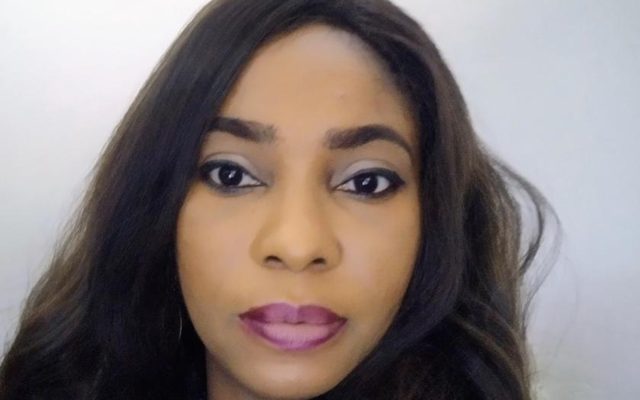The statistic is staggering: Africa loses an estimated $92 billion annually due to the gender economic gap. We often attribute this to well-known barriers like a lack of collateral, limited access to formal banking, or discriminatory lending practices. While these factors are undeniably real, they represent only a part of the problem. My doctoral research has uncovered a deeper, more insidious challenge: the invisible, psycho-social barriers that women themselves internalise, which quietly and systematically limit their access to capital and their economic potential.
I call this phenomenon the ‘Shame Tax.’ It’s a powerful, unspoken fear that holds women back from pursuing funding. It is the fear of failure, the dread of being mocked for not building a successful business, and the anxiety that their ambitions might come at the expense of their family. This isn’t a lack of talent or ambition; it’s a deeply ingrained bias that haunts even the most capable women, creating a “physician, heal thyself” moment for many, including myself.
The data from my research paints a vivid picture of this unseen struggle. A shocking 78% of women limit their access to funding based on these ingrained biases, and a heart-breaking 28% of female entrepreneurs self-exclude from funding opportunities entirely. They simply don’t apply, convinced they are not qualified or that they won’t succeed anyway. This is not a matter of a lack of credit; it is a matter of a lack of confidence to even ask for it.
When we fail to address these invisible barriers, the ripple effect is immense. This is not just a personal struggle for entrepreneurs; it’s a macroeconomic issue with global implications. In fact, a McKinsey Global Institute report estimates that the global economy could grow by as much as $28 trillion if women participated in the workforce on equal footing with men. The “Shame Tax” isn’t just paid by individual women; it’s paid by all of society in the form of unrealized prosperity and a stunted economy.
Closing the gender economic gap, therefore, requires more than just policy changes and accessible capital. It demands that we dismantle these invisible chains. We must create an environment that not only offers funding but also actively empowers women to confidently pursue it. This means celebrating failure as a learning opportunity, providing mentorship that addresses psycho-social barriers, and building support systems that counter the “Shame Tax.”
My research offers a framework for just this, and it’s a journey we must take together. If we want to unlock the full potential of our economy and help realise that potential $28 trillion in growth we must first address these hidden barriers.
Tale Alimi is a Doctoral Researcher in Gender Financial Inclusion and the Founder at Rouzo Economic Advancement (REAF Africa).



